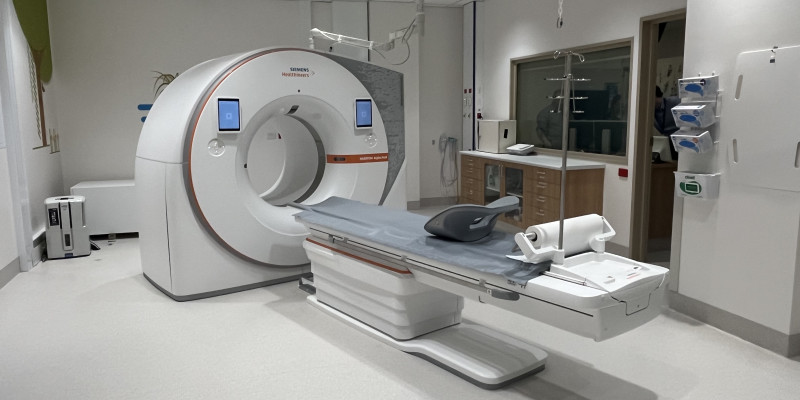
For the first time in public hospitals across Australasia, patients will benefit from increased access and faster, higher-resolution imaging as part of Health New Zealand’s digital innovation programme aimed at improving patient outcomes.
The very first new “Photon Counting” CT (PCCT) scanner in New Zealand will today begin operating at Christchurch Hospital. The scanner is a key element of Health New Zealand’s focus on using advances in technology to improve patient care.
Health New Zealand Radiologist Dr Alistair Rumball-Smith says: “This technology offers a significant step change in image quality, similar to shifting from black-and-white TV to 4K Ultra HD.”
“We can see the potential of photon-counting technology across a range of clinical areas and, as the clinical benefits evolve, will explore broader applications and develop new models of care to maximise the technology's impact.”
The PCCT scanner provides significantly sharper imaging than conventional CT machines, providing radiologists and cardiologists with better tools to do their job.
They improve the quality and quantity of cardiac services, helping us to meet national health targets. Semi-urgent and more routine procedures including patients with heart valve disease or chronic coronary syndrome will have diagnostic imaging quicker, freeing up staff and facilities to focus on patients with more acute or complex needs.
Health New Zealand CEO Dr Dale Bramley says the benefits to patients offered by the new PCCT scanner is just one example of how digital innovation can support better health outcomes.
“We will continue to invest in new technologies that support our teams to give patients better access to the treatments they need. The PCCT scanners are an excellent example of how advanced digital tools can assist us to do more and make best use of our clinical resources.”
Future proofing our healthcare, the new technology puts patients at the centre by creating new opportunities for patient care and cardiac diagnostics. It also improves access for people previously limited by traditional CTs, including those with irregular heart rhythms, reduced kidney function, limited mobility or bariatric patients.
Christchurch cardiologist and researcher Dr Charlotte Greer has recently been awarded a Heart Foundation Senior Fellowship to explore the potential of PCCTs to evaluate heart muscle structure and function to diagnose heart diseases.
“Radiology has worked in partnership with Cardiology for many years. These machines provide an exciting opportunity to continue working together to evolve and improve outcomes for our patients,” Dr Greer says.